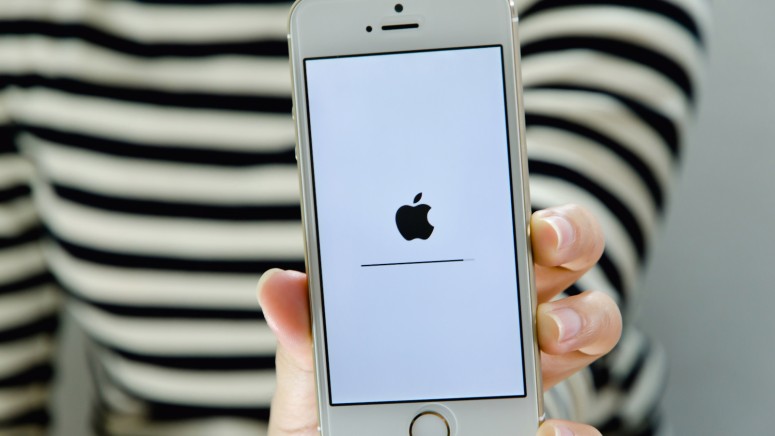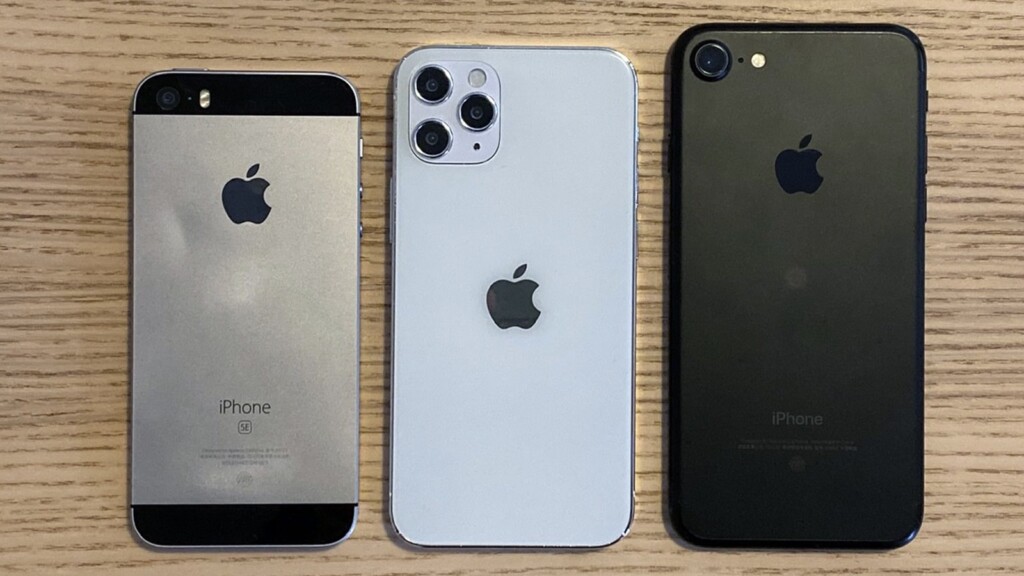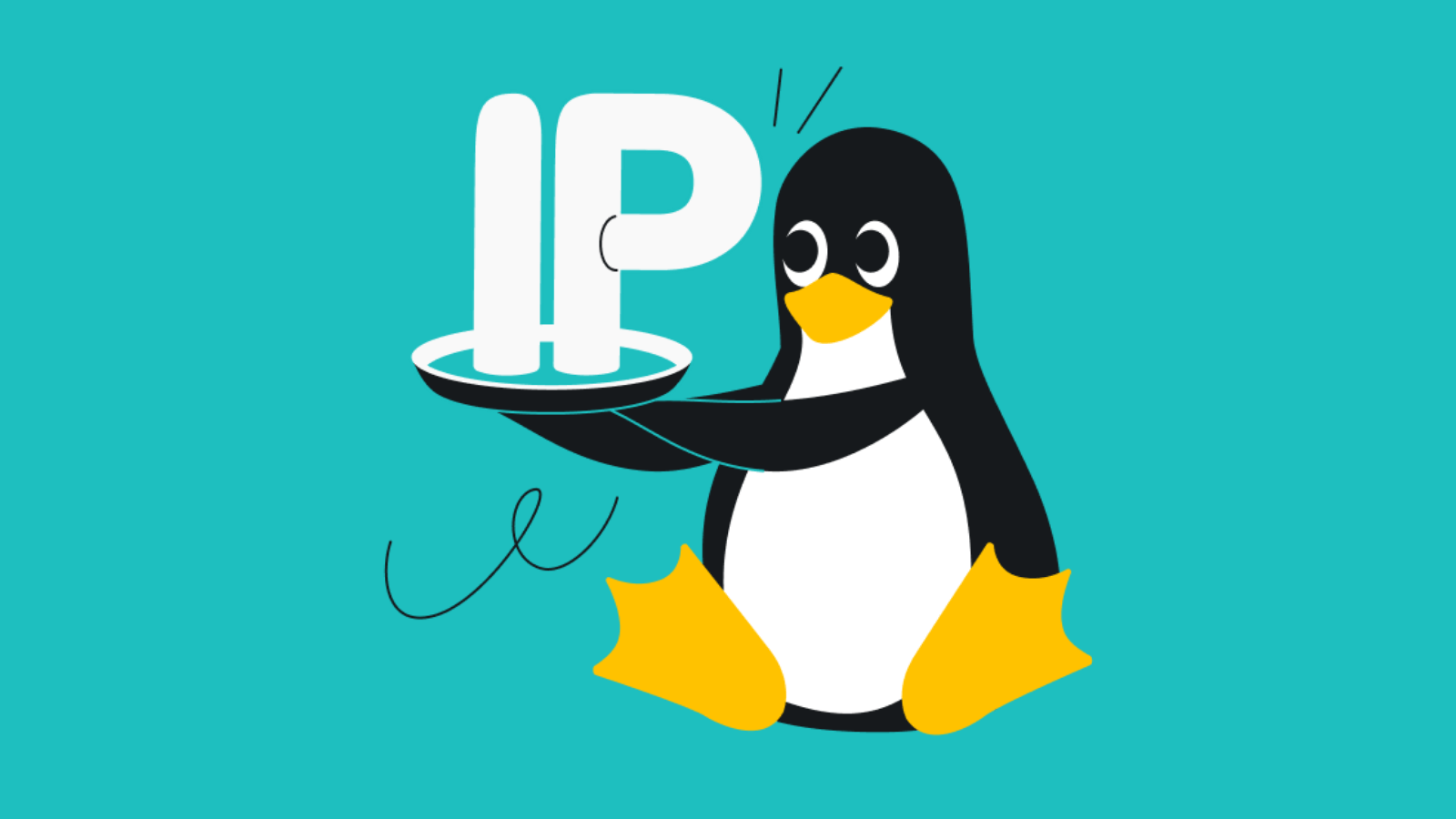
iOS 15 Will Mark the End of Support for iPhone SE and iPhone 6S
- It looks like iPhone SE and iPhone 6S will stop at iOS 14 after all, as Apple is leaving them behind for iOS 15.
- These two models were released back in 2015 and 2016 and have already received five major OS updates.
- There are both hardware and software reasons for this decision, as older devices can only go so far.
When Apple announced the release of the iOS 14, we were somewhat surprised by the inclusion of iPhone SE and iPhone 6S, two devices released four and five years ago, respectively. Those who were still holding on to them were happy to get all the amazing new stuff that came with the iOS 14, but it appears that this will be the end of the road for them. According to rumors based on supposed internal leaks, the iOS 15 will only support iPhone 7 and above.
The original iPhone SE and iPhone 6S were very popular devices and are still in the hands of a respectable number of people. Before Apple finally gave birth to the SE successor this year, the original model enjoyed a peculiarly tenacious demand that forced the company to relaunch it in 2017 with larger storage and run new selling rounds after its stocks were depleted in 2019.
But even if those who are still using these older devices have replaced their batteries with new ones (they must have), the 14nm A9 dual-core chip that beats inside these phones is not powerful enough to meet today’s standards. Moreover, the 4.0” and 4.7” inch screens create an unneeded headache to app developers, as they are both far from the 5.4” of the current iPhone 12 mini. The same also goes for the screen resolutions, so it would be like forcing the developers to support these configurations for no good reason, like a large number of users.
As always, Apple will still push some important security updates to the older models, so they won’t be entirely abandoned. However, if you wish to run the latest and greatest while still keeping your device handy, you may want to get the SE 2020 or the 12 mini now.
If these rumors are proven truthful, two iPhones that hit the market with iOS 9 will have reached iOS 14, receiving five major version upgrades in the meantime. This is embarrassing for the Android world, that struggles even with the promise of two major OS updates in the best-case scenario, often delivering them many months after Google has released the new system. Also, it’s another argument for why Apple charges a premium price for iPhone since software support needs many work-hours to ensure.








